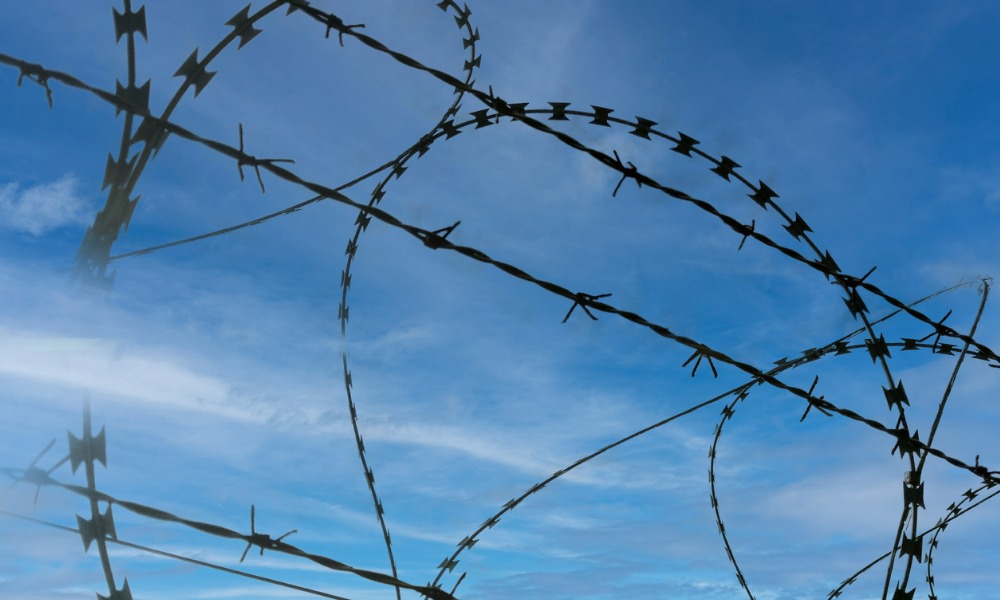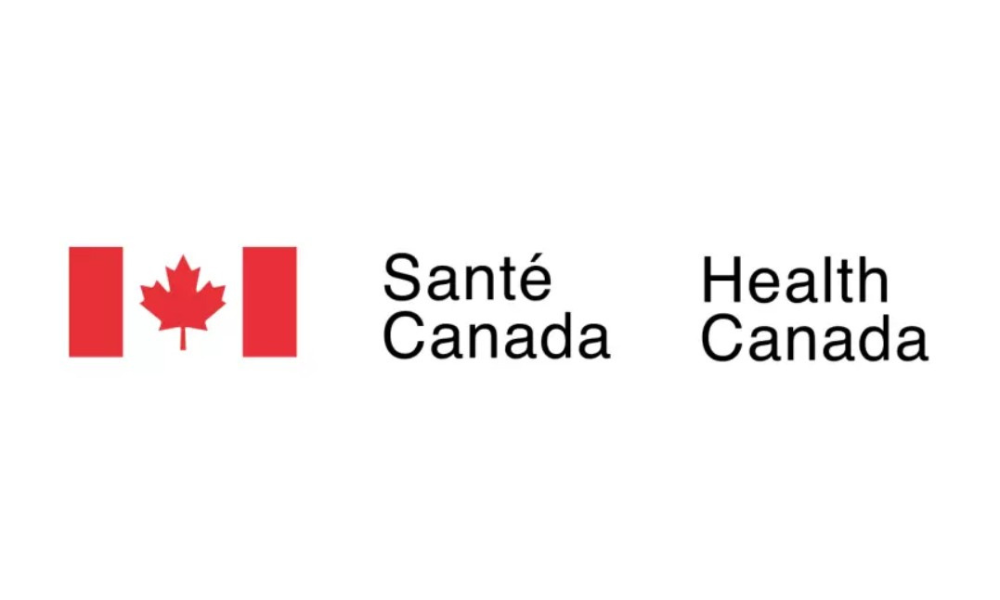Expert sees forced labour legislation 'continuing to evolve' over the coming years

Health and safety professionals are seeing their roles expand to encompass Environmental, Social, and Governance (ESG) and Corporate Social Responsibility (CSR). Canada's Bill S-211 throws a curveball – a challenging but valuable one. This groundbreaking legislation mandates reporting on forced and child labor within supply chains, demanding a deeper integration of ESG and CSR efforts with traditional health and safety practices.
The first reporting deadline was May 31, and while one lawyer believes the federal government will be lenient in this first year of the legislation, failure to comply can lead to fines of up to $250,000.
Understanding your supply chain
"I think it's understanding their supply chain," says Brad Gates, senior vice president and head of Americas at Ethixbase360, a leader in modern slavery compliance solutions. "Oftentimes, they'll have potentially thousands or more possible suppliers."
Gates' point underscores the critical first step for Bill S-211 compliance: achieving a comprehensive understanding of your organization's supply chain network. This includes identifying high-risk suppliers based on factors like geographic location (countries with high corruption perception) and industry (sectors prone to exploitative labor practices).
Actionable steps for compliance
Here's what you can do to navigate Bill S-211 compliance:
- Prioritize risk assessment: Conduct a thorough risk assessment to pinpoint high-risk suppliers within your network.
- Targeted engagement: Focus your efforts on engaging with these high-risk suppliers. Utilize questionnaires with branching logic to gather relevant data and assess their labor practices.
- Streamlined reporting: Leverage technology solutions that segment and analyze supply chain data for efficient reporting under Bill S-211's six-step framework.
Beyond compliance: A proactive fight against slavery
Meeting the baseline requirements isn't enough. Gates says many jurisdictions around the world have legislation like Canada’s Bill S-21, and in many countries the regulations are stricter and more demanding. He warns against a "check the box" mentality: "It really requires that there's enough teeth in them [regulations]. There needs to be some sort of regulatory teeth in order to get the traction and the adoption by wide scale companies.”
To truly combat forced labor, a proactive approach is essential:
- Collaboration: Partner with NGOs and other organizations specializing in anti-slavery initiatives. Their expertise can significantly strengthen your efforts.
- Enhanced due diligence: For high-risk suppliers where information verification is a concern, consider enhanced due diligence with on-the-ground research by qualified investigators.
- Transparency and advocacy: Promote transparency within your organization regarding its anti-slavery efforts. Additionally, advocate for stricter enforcement mechanisms within Bill S-211 and similar legislations.
The evolving landscape of anti-slavery legislation
The future holds a rising tide of anti-slavery legislation, according to Gates: "I do see it continuing to evolve, and to grow." He emphasizes the potential impact of Canada's enforcement on the global landscape: "I think Canada's really going to do that. And I think that's going to help push, you know, more regulation in the United States around modern slavery and human rights as well."
Stay informed about evolving regulations. Leverage your ESG and CSR expertise to champion ethical and sustainable supply chains. By taking a proactive approach, health and safety professionals can ensure their organizations are compliant with Bill S-211 and contribute meaningfully to the global fight against forced labor and child labor.





